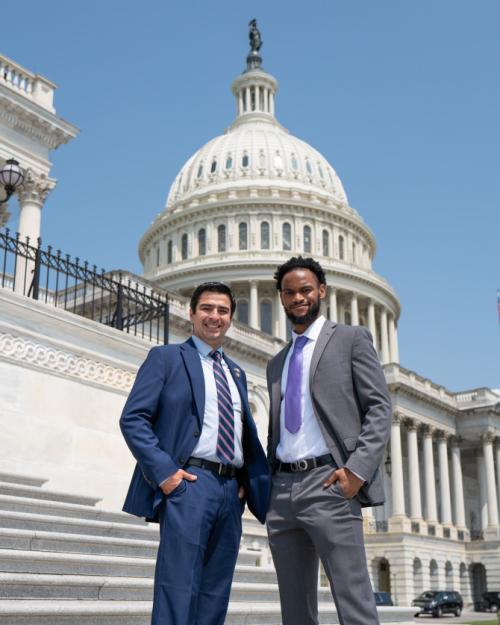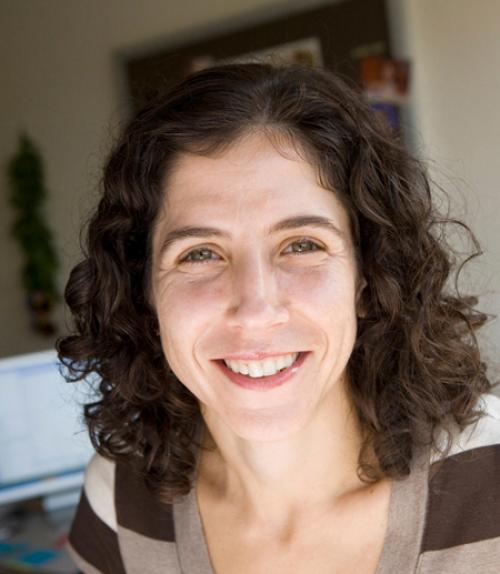“Our relationships are a source of joy and comfort, but they also bring a lot of pain,” says Vivian Zayas, associate professor of Psychology. Zayas, who is featured in this Cornell Research story, is interested in how these painful experiences get stored in memory and how we handle this emotional complexity.
Zayas’s primary focus is on the relational mind, the aspect of our psyche that flows from and depends on human interaction. In a series of studies, she has used indirect methods such as computer-based reaction-time measures to try to tap into the associations that inform these interactions.
"A part of who we are and what we experience is affected by the people around us, and we affect them by the choices we make and how we approach situations. If you’re interested in social behavior, you have to understand the connections between people and their social context. It’s almost impossible to separate them out,” Zayas says.
To continue reading, visit the Cornell Research website.




